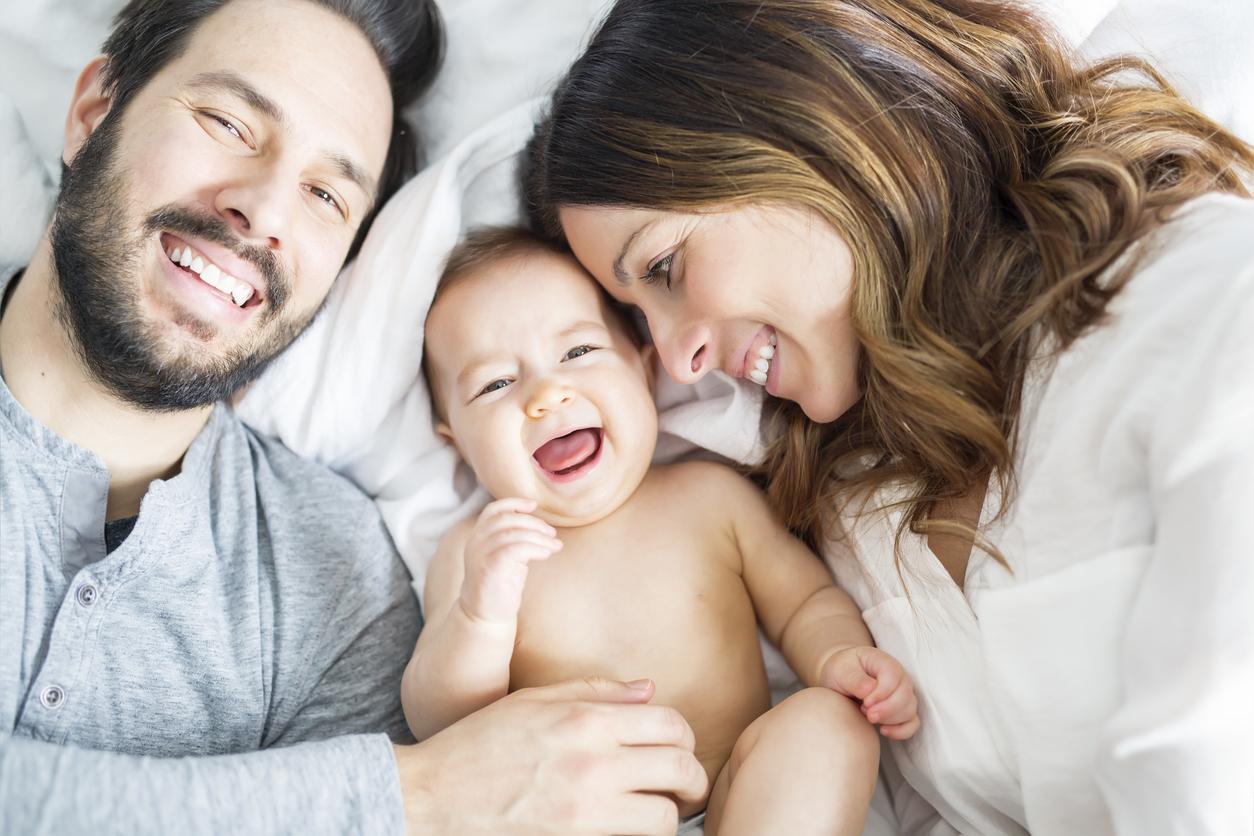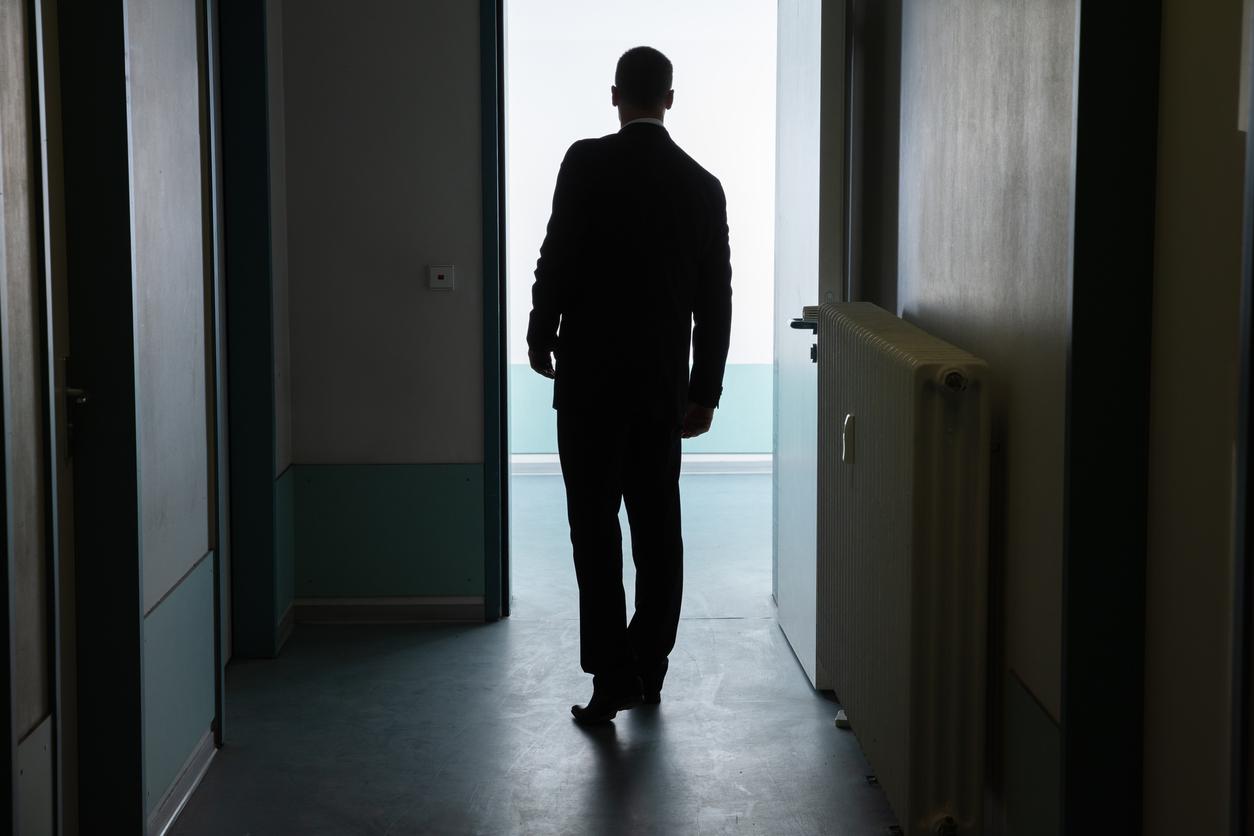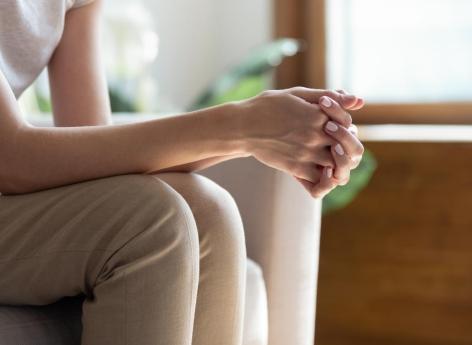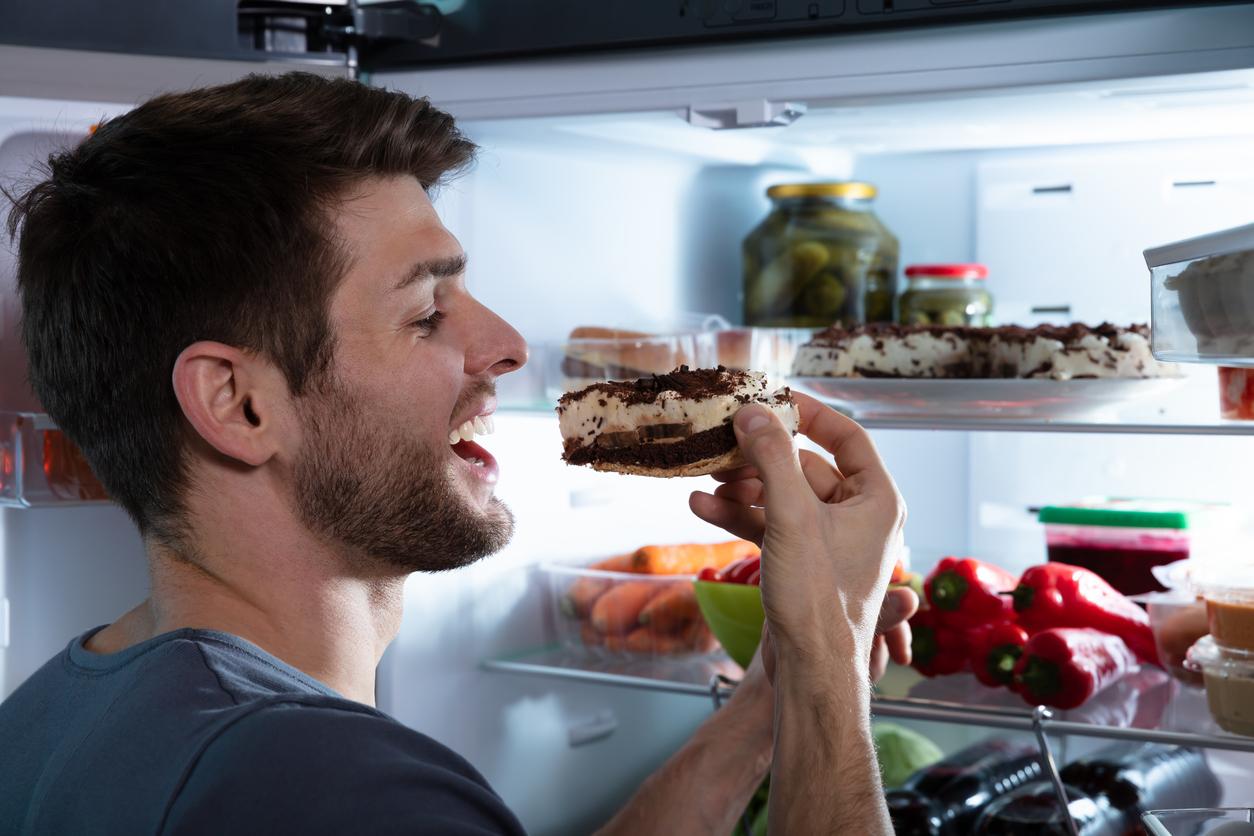Our relationship to objects is very symbolic and emotional.
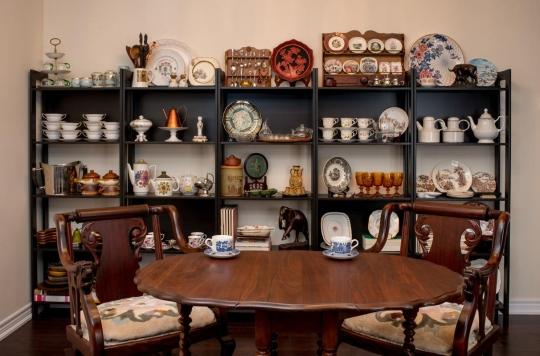
Between moves, estates or children leaving home, everyday objects can be kept, archived or sold depending on our emotional relationship with them. Some of them carry a stronger emotional charge which makes them indispensable to the personal or family history.
The effect of the health crisis
Spending so much time at home in recent months, whether due to lockdowns, quarantines or working from home, has left many questioning their relationship with their objects. In a search for space and lightening, the influence of minimalism pushes to separate from certain objects with more or less difficulty to “declutter” in every sense of the word.
The emotional charge of objects
Beyond its functionality or its potential usefulness, it is above all the emotional charge that is projected onto the object that makes it a valuable object to be stored or passed on. Some are thus part of the personal or family history and symbolize an emotionally heavy intergenerational transmission.
Deciding to part with an object that symbolizes a difficult relationship, or on the contrary wanting to surround oneself with the property of a deceased person, has no connection with the object itself but with what is projected. If certain contexts lead to making a quick decision, it is always better to think carefully and take the time before deciding to part with these heirlooms by taking the time to question its emotional significance and the bond that it represents.
Find out more: “The art of decluttering: Freeing yourself from the useless to live lighter” by Alice Le Guiffant, Jouvence editions.
.









